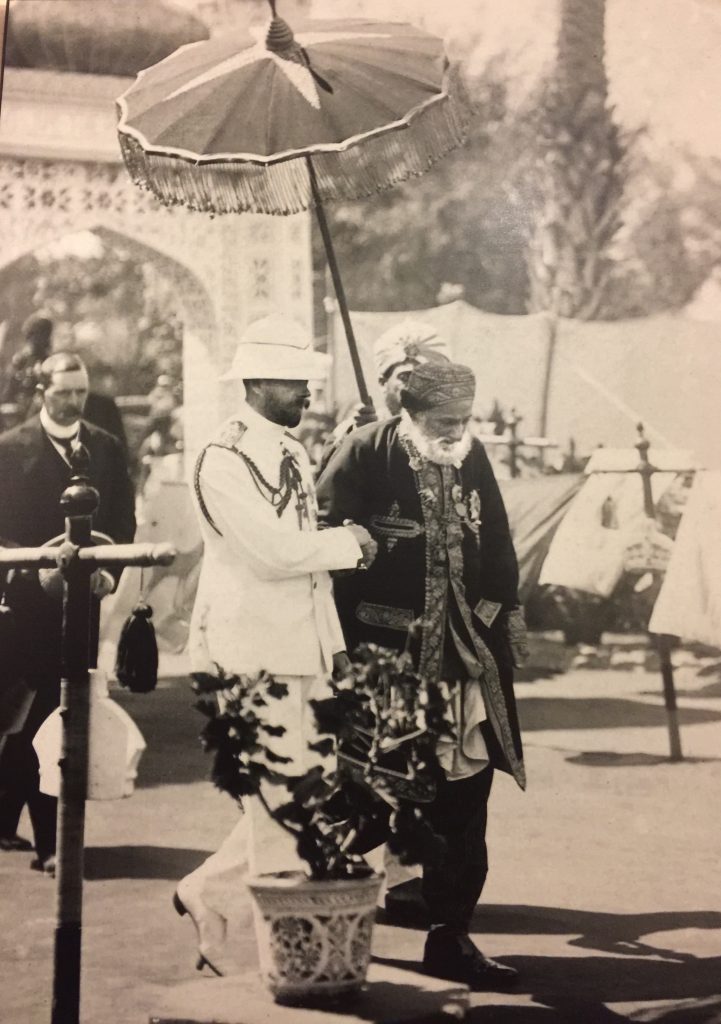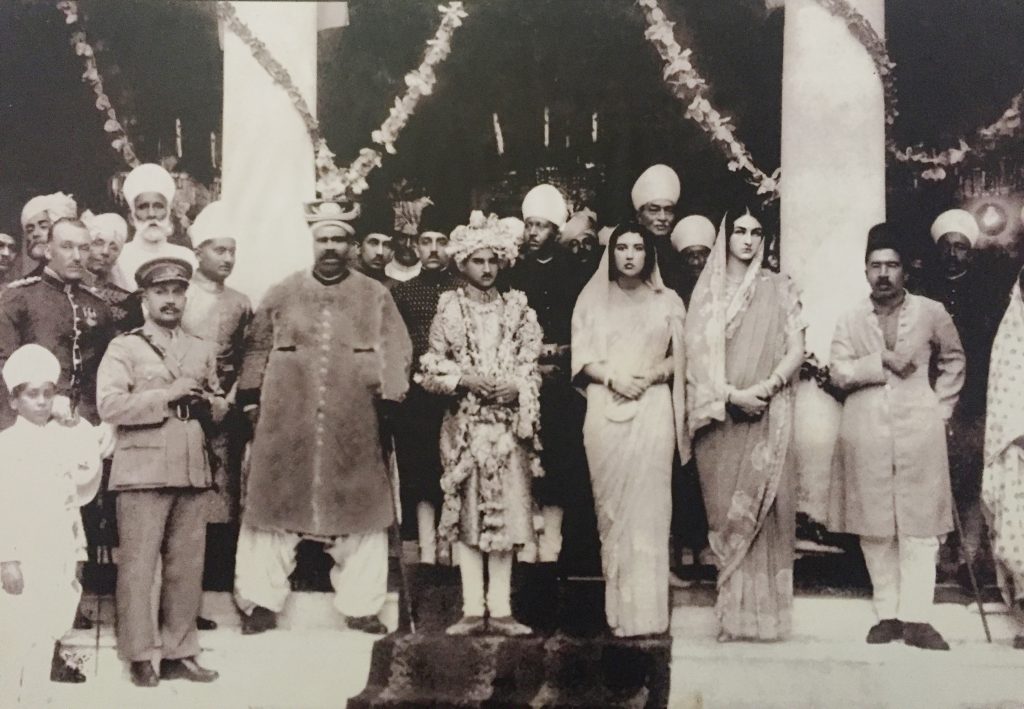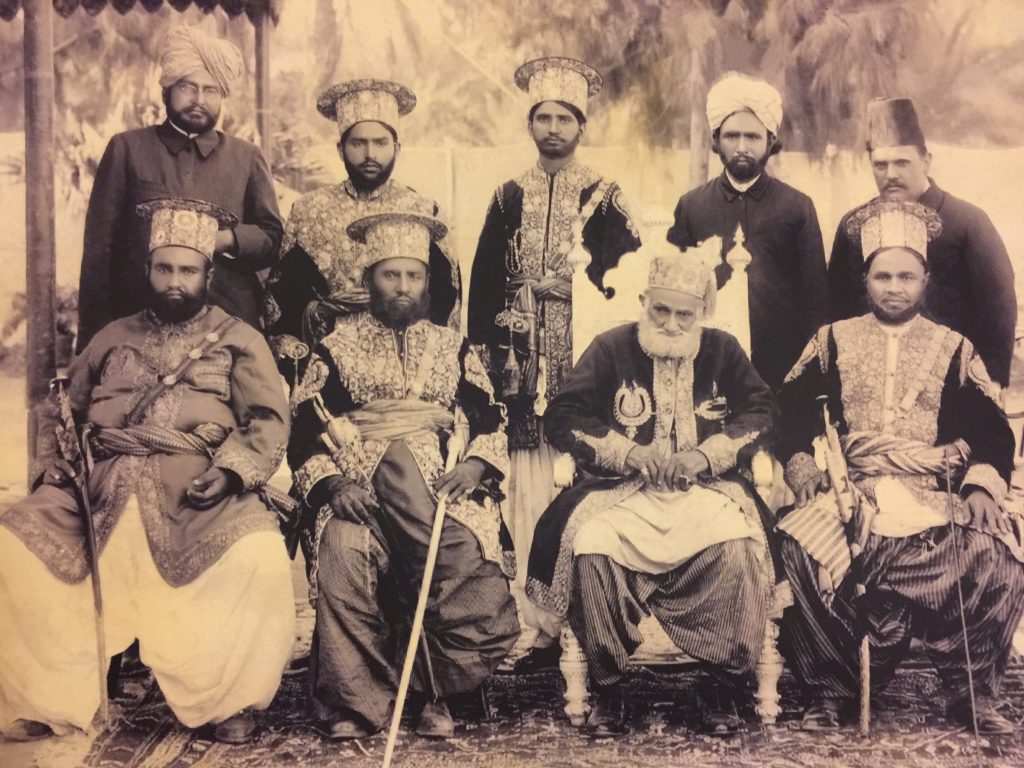The Man
He was one of the best lawyers of the country. He was extraordinarily brilliant and used to explain his point of view in the court by oratory based on law as well as facts. His way of presentation was unique and he had no parallel even in this respect. His approach towards the legal problems was scientific and straightforward. His forensic abilities have been praised by eminent lawyers and judges.
Patrick Spens, the last Chief Justice of undivided India, paid the following tribute to Jinnah: The tallness of the man, the immaculate manner in which he turned out, the beauty of his features and the extreme courtesy with which he treated all; no one could have made a more favourable impression than he did. There is no man or woman living who imputes anything against his honour or his honesty. He was the most outright person that I know.
In 1927, Carim Chagla said: Jinnah was a pure artist in the manner and method of presentation. Even the most complex facts became simple and obvious when he waived his wand over them. --- He had common sense, that most uncommon of qualities, in an uncommon degree. He also expressed the following view: Jinnah was a superb advocate --- What impressed me most was the lucidity of his thought and expression --- Jinnah was absolutely impeccable in his professional etiquette.
Sir Stafford Cripps spoke of him as a most accomplished lawyer.
In the court, the Quaid-e-Azam was very polite and courteous. But on an aggressive attitude by a judge or an opposite counsel, he would become devastating. His satire was as penetrating as a sword. The wound was always very deep and ordinarily would never heal up!

















